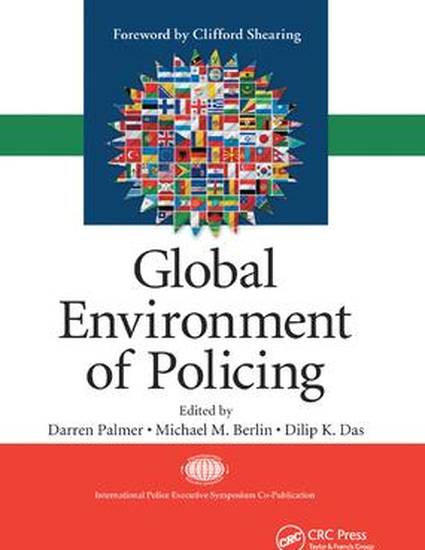
Contribution to Book
Zero Tolerance Policing in Democracies: The Dilemma of Controlling Crime Without Increasing Police Abuse of Power
Global Environment of Policing
(2012)
Abstract
According to some politicians, policing experts, and other pundits, the success of zero tolerance policing programs has been established through reductions in the number of recorded o enses. However, there may be adverse side e ects that accompany these crime-‹ghting programs including the possibility of increased ocer misconduct (e.g., illegal searches). A theoretical framework is outlined and evidence is gathered (utilizing both ocial data and self reports) to analyze the extent to which aggressive crime control policies inœuence ocers. Results indicate that zero tolerance initiatives can lead to increased ocer misconduct. Speci‹c strategies for policymakers to cope with these results are discussed.
Disciplines
Publication Date
2012
Editor
Darren Palmer, Michael M. Berlin, Dilip K. Das
Publisher
CRC Press / Taylor and Francis
ISBN
9781420065916
Citation Information
John Eterno. "Zero Tolerance Policing in Democracies: The Dilemma of Controlling Crime Without Increasing Police Abuse of Power" Global Environment of Policing (2012) Available at: http://works.bepress.com/john-eterno/73/
